Secrets Behind the Table: Interview with Casting Director and Audition Coach Dave Clemmons
Written by Michelle Evans
January 9, 2018
The one thing that every actor has in common is that they MUST audition. Everything is resting on how you do in that room with the few minutes that have been provided. What if you could have some insider tips on how to make that room and process a lot less scary. Well, no one knows that audition room or the expectations that are set in that room, better that Dave Clemmons. Dave has spent years in front of and behind the table, both auditioning and helping cast some of Broadway’s biggest hits. He is also a sought-after guest workshop artist for colleges and university around the nation as well as coach for college audition hopefuls with Dave Clemmons College Audition Program (D.C.C.A.P) I have had the pleasure of working with Dave for the past few years coaching actors for college auditions and his words of wisdom and expertise are second to none! So, I talked with Dave to ask him for some insider knowledge about the audition process for the Performer Stuff audience. Here is what he had to say!
What is the first thing you notice when an actor enters the room?
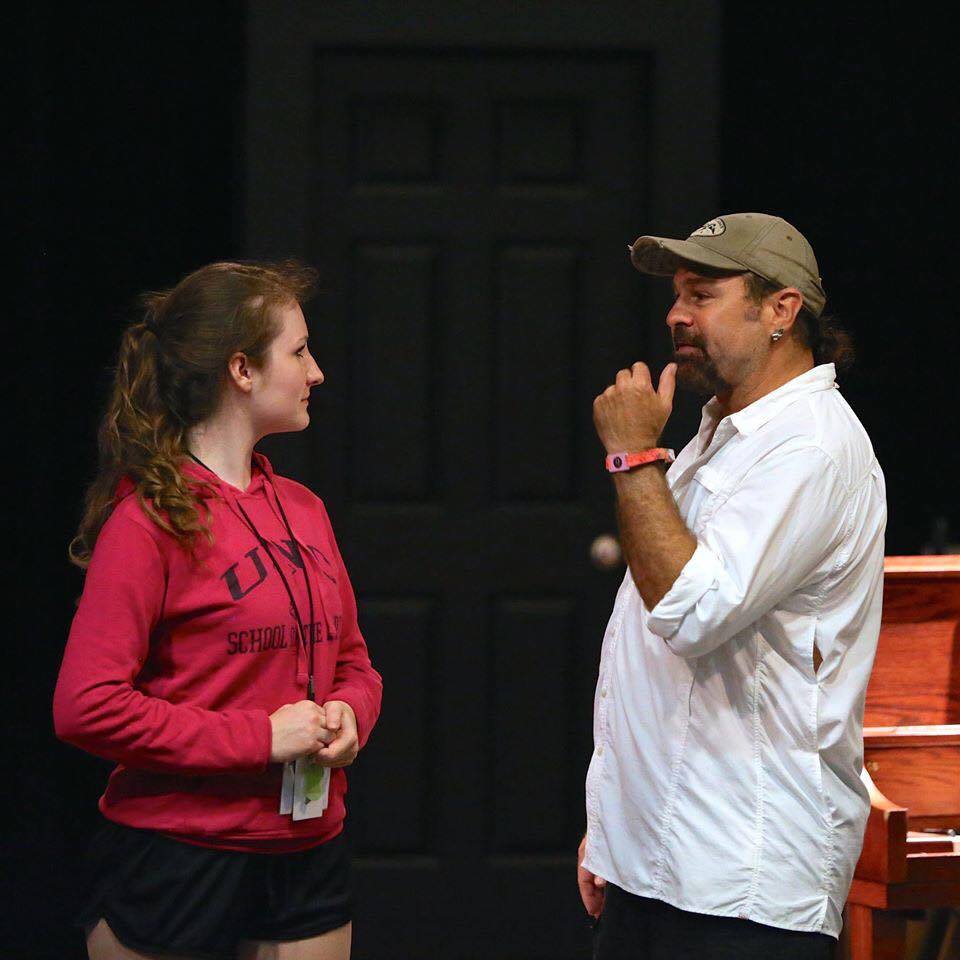
Type. What do they look like? How Tall? How Short? How Big? What hair color? Just anything, we already have this picture in our heads of what the role physically needs to be or what “type” of performers we are looking for before anyone steps into the room. Especially if it is a reboot or remount of let’s say and Into The Woods or a Les Miserables, there are certain physical characteristics that have to be there. So, looks and type and how you size up immediately come into play when you walk in. We will start to see physically what we are dealing with and how/if we want to consider you for what we are looking to cast.
How much does what an actor wears to an audition affect them or how they are cast?
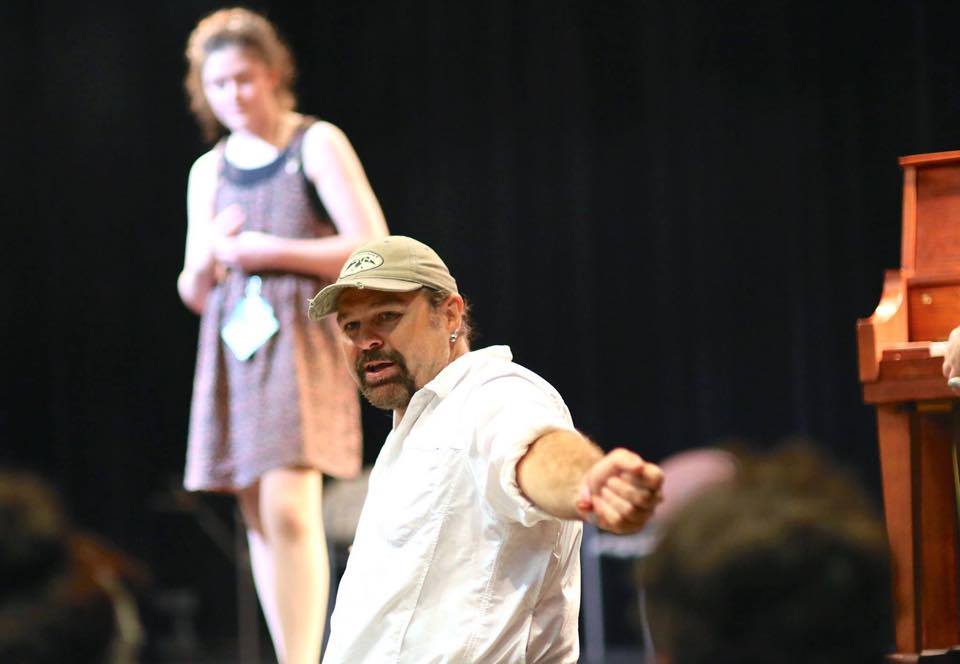
There are two issues with how you dress. One is that we don’t want to be distracted. I shouldn’t be spending your 16 or 32 bars thinking about what your wearing somethings wrong. What you wear should be just nice enough to look up and go “Oh, they look nice” and that’s all. They should also look comfortable, if you look uncomfortable that can be distracting. If a dress is too tight and it looks like you can’t breathe then that makes people behind the table uncomfortable.
The second thing is you want to make sure that you don’t dress so comfortably that you are too casual. The people that are behind the table took the time to get ready and look nice for you and you should respect them by coming in looking nice and put together as well. It shows a lack of respect for the people you are auditing for, be that a college or professional theatre. You wouldn’t walk into a law firm in sweatpants and a t-shirt and ask for a job so why would you go to an audition dressed like that? However, by no means do girls have to wear dresses and guys a suit and tie, just look decent!
In your opinion, what is the most important thing an actor can do in an audition that is not going well (i.e. they have messed up or forgotten a line)?
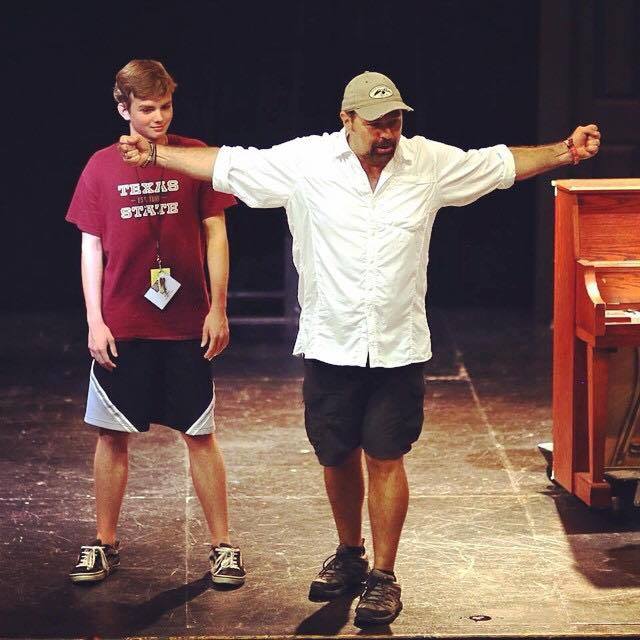
Make a joke of it or make light of it, you know what I mean? The worst thing you can do is freak out and start the “I’m sorry”…that’s the worst thing you can do. Don’t apologize, just keep going.
I was doing a concert once with Linda Eder and in the middle of a song, in the middle of her performance she forgot the words and stopped the band and looked down at the front row and asked them what the words were, then picked right back up performing. The audience went crazy, they loved it. Seriously, if everything about you is right in a talent and type perspective, if you forget the words to a song or monologue, I’m not going to NOT hire you because of that but if you handle it poorly that could affect the results. Just keep the room light and chill and keep going!
What are you really looking for on an actor’s resume?
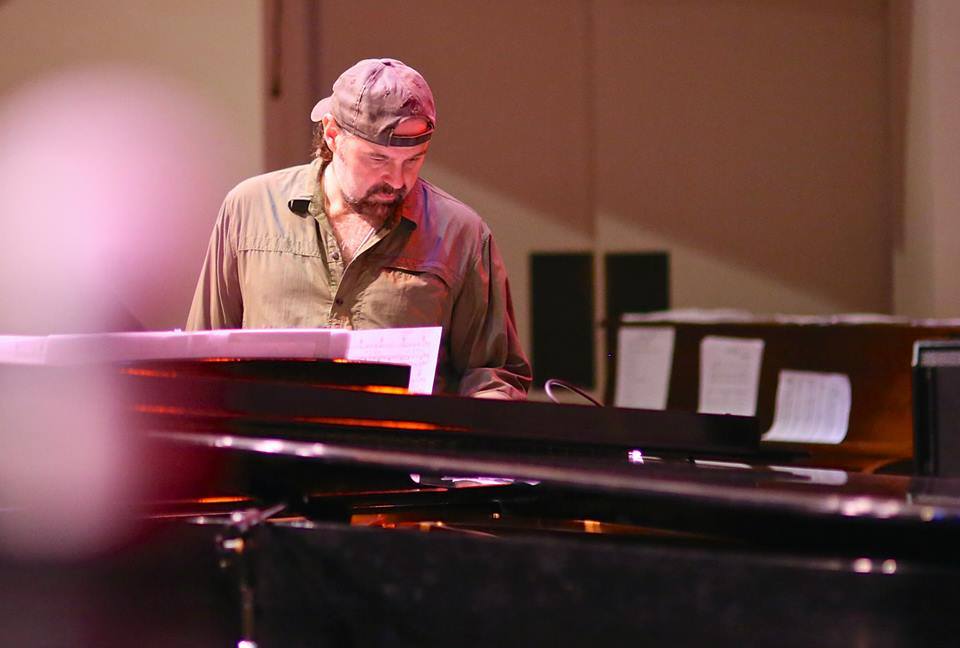
I want to see that you have done something and NOT all at the same place. Of course, if you are in high school you will have a lot for that department or a place that you train but, for me, I want to see that you have worked at other places. Then I want to see a variety of role, have you had any roles where you must want to see that other people have hired you. Then I want to see training. Who did they train with? What did they train in and how long? So, we are looking for what kind of experience do they have hand how much have they trained!
Number one tip for anyone getting ready for college auditions?
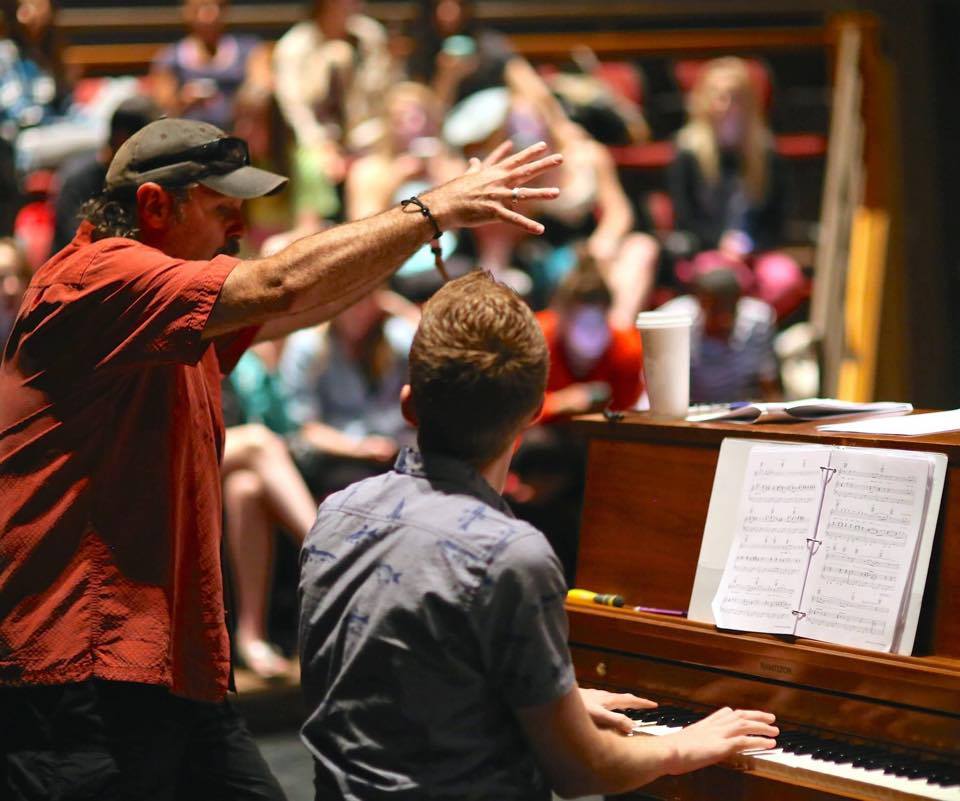
Prepare, prepare, PREPARE! With some things in life you might procrastinate but NOT this! This is the one thing you can’t not procrastinate, you can not wait. It is only evidence when I see my kids and Unifieds, the ones that are prepared and have been for a while, they are having fun and enjoying showing people what they can do. The ones that are not prepared, that didn’t memorize their monologue, the ones that are freaking out wondering what they are going to do and loosing their minds. Part of your preparation is to be ready artistically.
Being talented goes beyond saying, we must have some talent here to work with, and the assumption is that you are training in acting, dancing and singing as much as you possibly can. The logistically get those applications in and those prescreen filmed early, so you don’t have to cram them in before deadlines. Get everything organized and done as early as you can and then it pays off because you are ready and can tackle those auditions not stressed out.
What is the one thing you wish you could tell every actor?
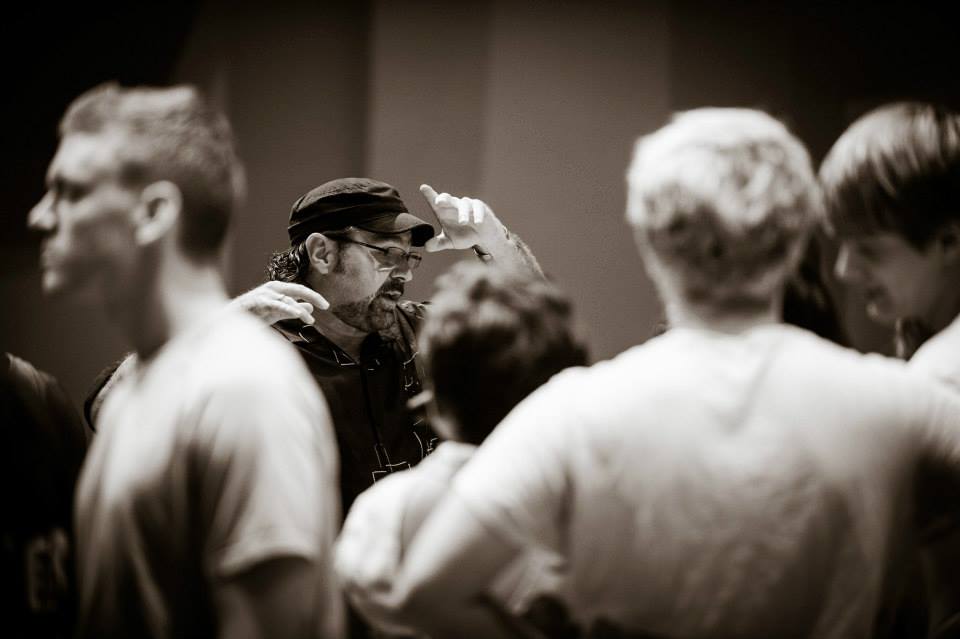
That, after a certain point it is not about you! Once you have gotten that callback for a show, or you have received that callback from your prescreen or once they have called you back in again to read, what they are saying is that you are talented! You are, from a type perspective, appropriate for what we want, it seems to us that your talent level is such that would be appropriate for us or the project we are casting. So, therefore use that as a confidence builder. Know that you are in the room because of something that people liked.
I remember that I had like 6 callbacks for Whistle Down the Wind and I was getting ready to go in for my 3rd time and I was nervous and freaking out, I mean it was Hal Prince and Andrew Lloyd Webber, and as I am standing outside the door I thought “wait, I am back in this audition, doing the same exact things and same material I have done before and they are asking me to do it again, there is obviously something they like about me or I wouldn’t be here and at this point they are trying to figure out how I match up with the other people, so at that point it is out of my hand, I have nothing to do with it”. So, I think if actors could understand, that once you get to a certain point it is beyond your control. I didn’t learn that lesson until my mid-thirties during Whistle Down the Wind.
So, I think if there’s one thing if I could, like the Matrix, upload directly to actor’s brains so they could understand it’s that after a certain point it is NOT about YOU anymore! You can only go in there and show them what you got and either it will be a right fit or it won’t!
Need some advice? We’ve got you covered.
- The Surprising Truth About College Auditions
- 9 Useful Diction Exercises for Every Actor
- How to Bow (And What Your Bow Says About You)
- 10 Basic Rules of Stage Combat (That Keep Everyone Safe)
- 5 Advantages of Learning Stage Combat
- Don’t Be a Diva: Common Pitfalls and How to Avoid Them
- 9 Articles of Clothing Every Thespian Should Keep In Their Wardrobe
- What Makes an Actor Website WOW?
- “Is my attitude not getting me roles?” And Other Essential Questions for Actors
- 6 Steps to Memorizing Shakespeare
- 10 Tricks to Staying Healthy All Season Long
- What Does It Take to Break Into Voiceovers?
- 5 Tips for Nailing Your College Music Theatre Audition
- 10 Tips on Owning the Room at Competition
- How to Balance Theatre and Coursework
- The 10 Secrets of Great Understudying
- 10 Items Every Actor Should Carry in Their Rehearsal Bag
- 10 Items Every Dancer Should Keep in Their Rehearsal Bag
